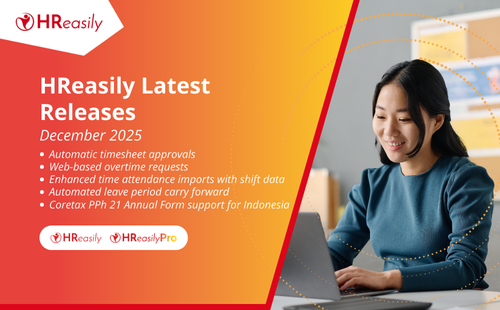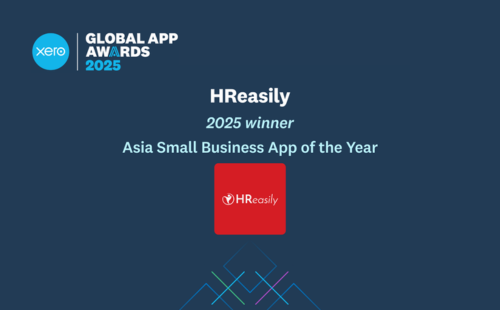
The gig economy presents many upsides for employers: lowered labor costs, hiring practices that can scale according to business needs, and flexible work arrangements that are a boon to workers.
But it can pose challenges for human resource managers, who must integrate a new pool of contract workers into existing forms of employment models. While it has become the norm for highly skilled independent contractors to take on engagements of no more than a year, managers should spend as little time as possible onboarding them.
Research undertaken in 2017 by PERSOLKELLY — a recruitment company with offices in the Asia Pacific (APAC) region — examined the outlook that 9,295 hiring managers and candidates across APAC had towards the gig economy and found stark differences of opinion between regional neighbours. While respondents from Thailand, Malaysia, Singapore and Indonesia all agreed that the gig economy poses workforce integration challenges to organisations, those from Thailand and Malaysia also saw upsides to this new model of employment. Thai respondents anticipated an increase in employee satisfaction and productivity while those from Malaysia saw an opportunity for their organisations to save money. Respondents from Singapore and Indonesia had a much more negative outlook as they feared the gig economy might cause workers to lose their protections.
It is clear then that before bringing these gig workers into the current workforce, there must be a rethinking and reshaping of talent retention, recruitment and performance appraisal, to name just a few. And one simple way for HR to thrive in the gig economy is to operate at the same pace: swift and agile.
1. An ever-revolving door of talent
The process of talent retention now shifts away from signing gig workers up for the long-term and towards creating a work culture that promotes your organisation as their preferred stopover. Sustaining a constant flow of assignments is a key concern for contract workers, who trade security for flexibility and operate without the safety of healthcare and sick pay benefits that full-timers enjoy. That’s why independent operators who’ve experienced pleasant and fruitful stints in your organisation tend to return. They benefit from a steady stream of work and your business enjoys their competencies while running light.
Moulding gig workers into ambassadors of your organisation has a positive rippling effect not just for job satisfaction but also talent acquisition. In the highly-connected age of social media, news spreads as quickly as a status update or company review can be typed out. That’s not even considering the traditional word-of-mouth approach when prospective talents ask about your organisation from those who’ve worked there before. When it comes to the gig economy, a revolving door of talent is something to embrace.
2. Recruitment needs to be accelerated
Companies cannot afford to have their recruitment processes be long and dragged out as in-demand gig workers simply do not have the time or inclination to sit and wait. The time between sourcing and onboarding has to be lessened from the usual few months to weeks or even days, if the need is pressing enough and the gig worker that much sought-after. Competition is fierce. If your recruitment process moves at a snail’s pace, another company will race ahead and scoop that gig worker up first.
3. Performance metrics have to shift, too
Performance appraisals often take place annually, but for gig workers with work terms of only a few months or even weeks, this yearly time frame doesn’t work anymore. Time-based metrics need to be replaced with outcome-based objectives, tagged to specific tasks or deliverables that gig workers are responsible for. Doing so also fosters greater collaboration between managers and gig workers as a “wait-and-see” approach towards assessing individual and project performance becomes that much more iterative and ongoing.
Change cannot be put off
With businesses increasingly tapping on the gig workforce to fill certain positions or see through projects, putting in place HR practices that account for independent contractors will no longer be “nice to have” but a must. Agile businesses are eager to seize on the exciting opportunities that the dynamic gig economy presents. But they can only do so when their HR departments develop equitable programs to empower each and every worker, based on their contributions.
Find out how HReasily can help your businesses manage the gig workforce with greater efficiency with our payroll, time and attendance, leave and claims management modules.








